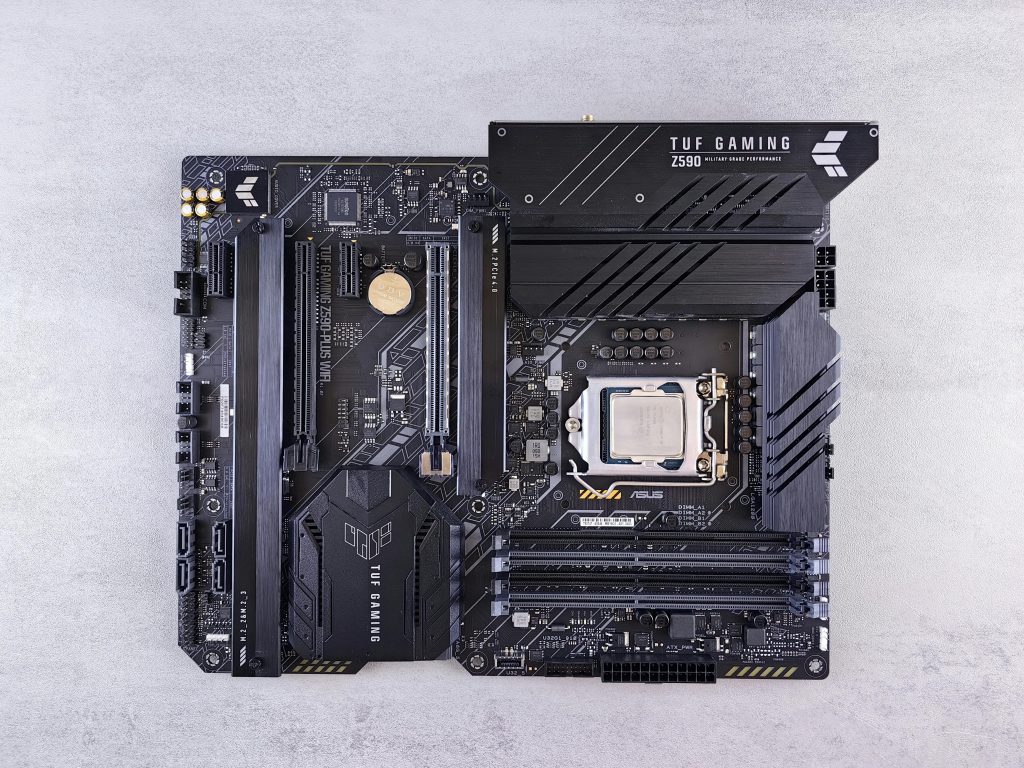Understanding Kernel-Level Anti-Cheat Software: What PC Gamers Need to Know
As the landscape of PC gaming continues to evolve, players often encounter security measures designed to maintain fair play, such as anti-cheat systems. Recently, some gamers have expressed concerns regarding kernel-level anti-cheat technology, especially in relation to specific titles like FragPunk, developed by the Chinese company NetEase. If you’re new to PC gaming and navigating these issues for the first time, understanding what kernel-level anti-cheat entails, its implications, and how to manage it can be invaluable.
What Is Kernel-Level Anti-Cheat?
Kernel-level anti-cheat software operates at the core of your operating system, granting it extensive access to system resources. Unlike traditional security tools that run in user mode, kernel-level programs can monitor and influence nearly every aspect of your system. This level of access allows anti-cheat tools to detect sophisticated cheats that might otherwise evade detection.
While this approach enhances the ability to identify malicious software or hacking attempts, it also raises concerns regarding system security, privacy, and stability. The anti-cheat component is typically integrated directly into the game’s installation process or as part of the launcher, often running transparently in the background.
Should You Be Concerned?
Concerns about kernel-level anti-cheat stem primarily from privacy and security considerations:
-
Privacy Risks: Because of its deep access, some users worry that kernel-level software could potentially monitor more than just game-related processes, raising questions about data collection and user privacy.
-
System Stability: Installing kernel-level programs could, in rare cases, lead to system stability issues if bugs or incompatibilities arise.
-
Security Vulnerabilities: As with any software operating at such a high privilege level, vulnerabilities could be exploited by malicious actors if not properly secured.
However, reputable game developers and security organizations state that their kernel-level anti-cheat systems are designed with strict security and privacy safeguards. They are typically developed to only monitor for cheating behavior related to their respective games.
What About the Game Developer, NetEase?
NetEase, a major Chinese technology and gaming company, is known for developing and publishing various online games. As part of their anti-cheat measures, some titles may include kernel-level components to ensure fair play. It’s natural to question the implications of having a company with a different data privacy landscape behind the technology.
Managing or Removing the Anti-Cheat Software
If you’re uncomfortable with kernel-level anti
Share this content:



